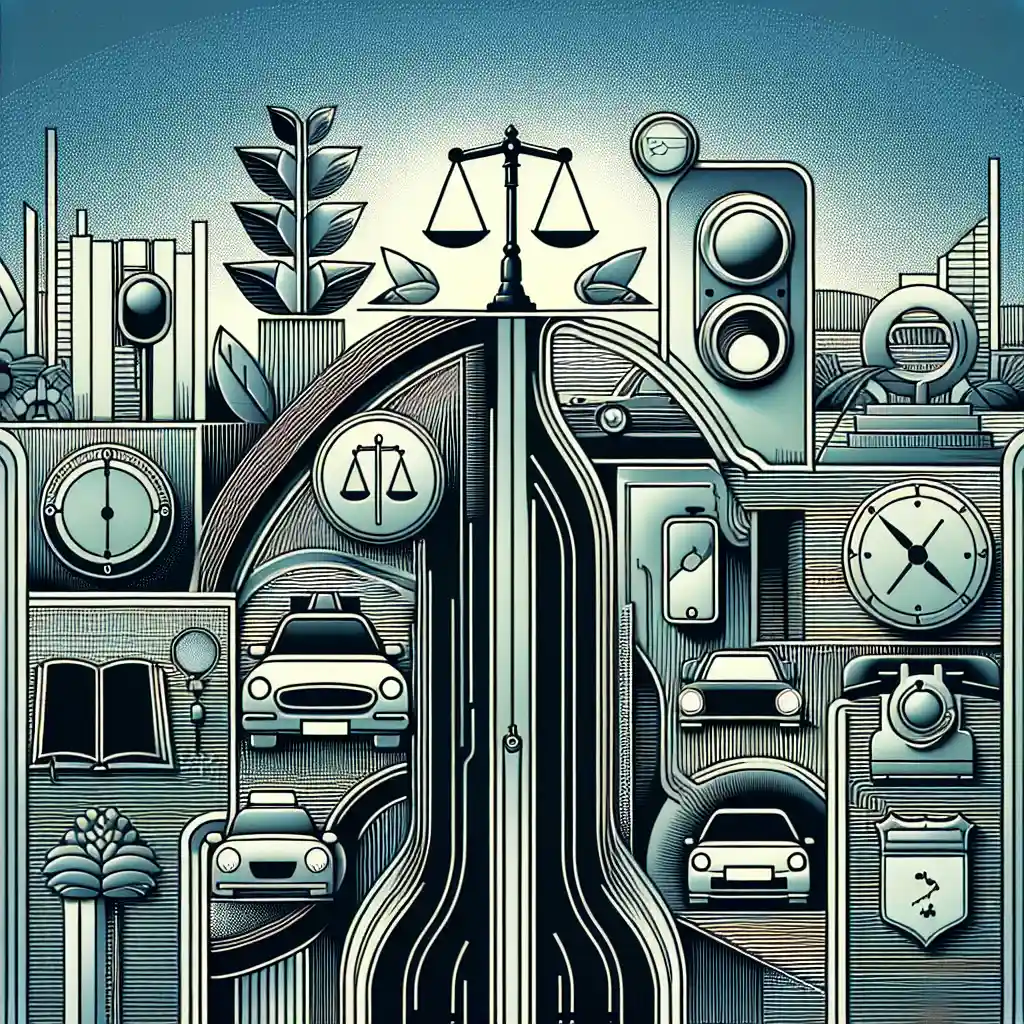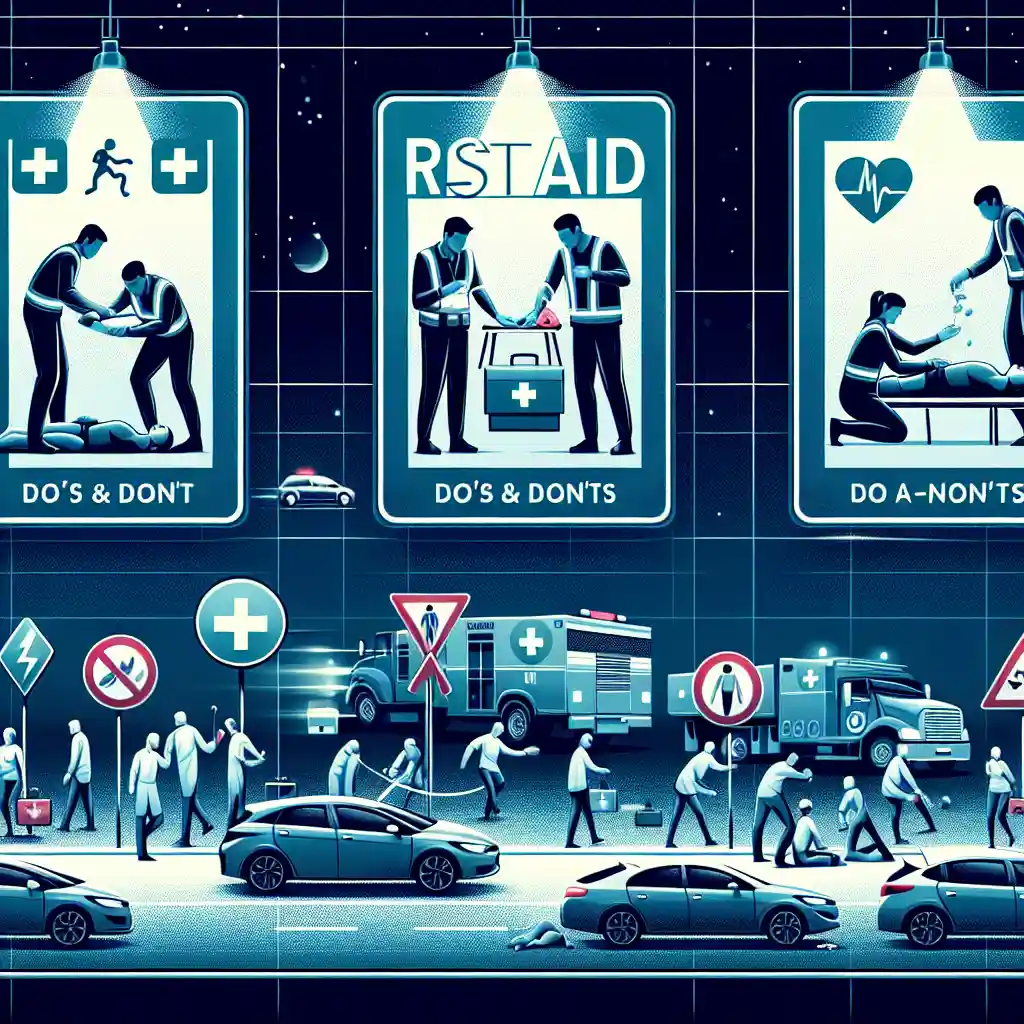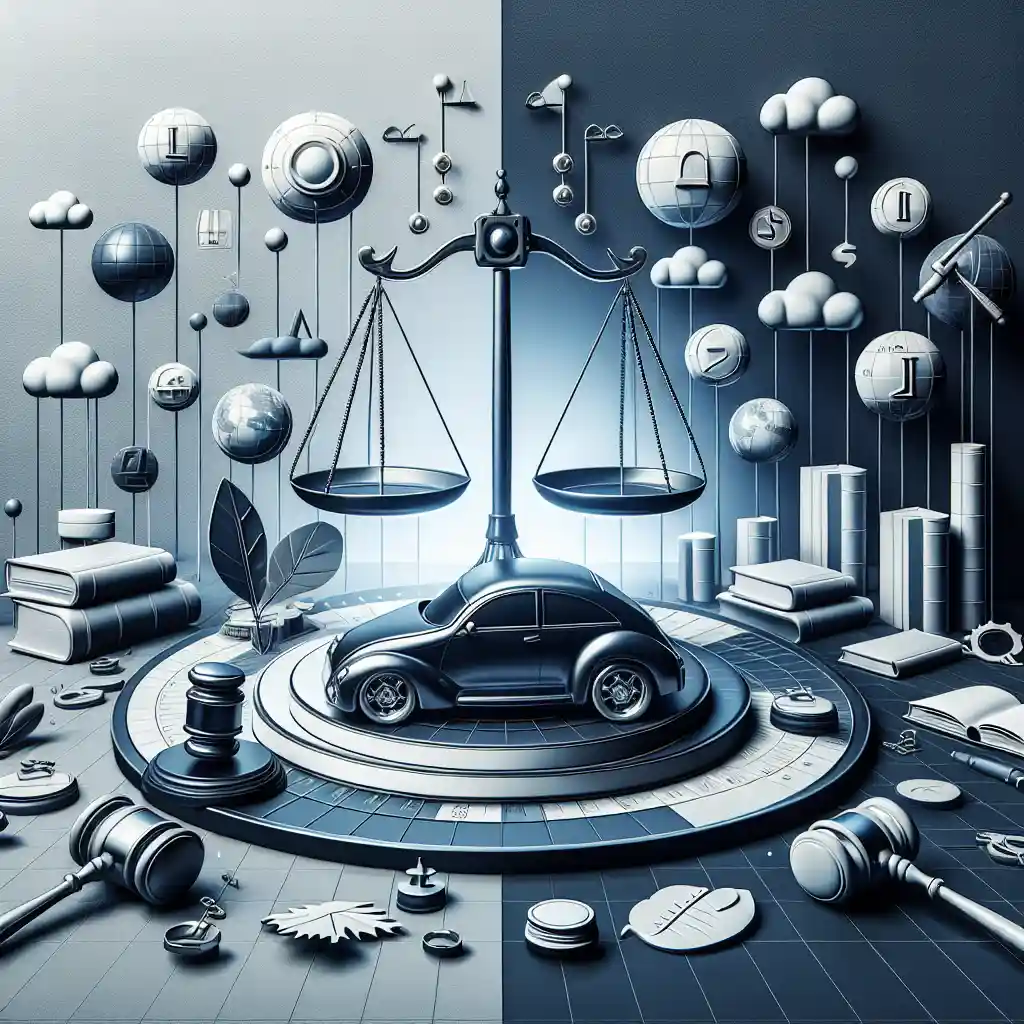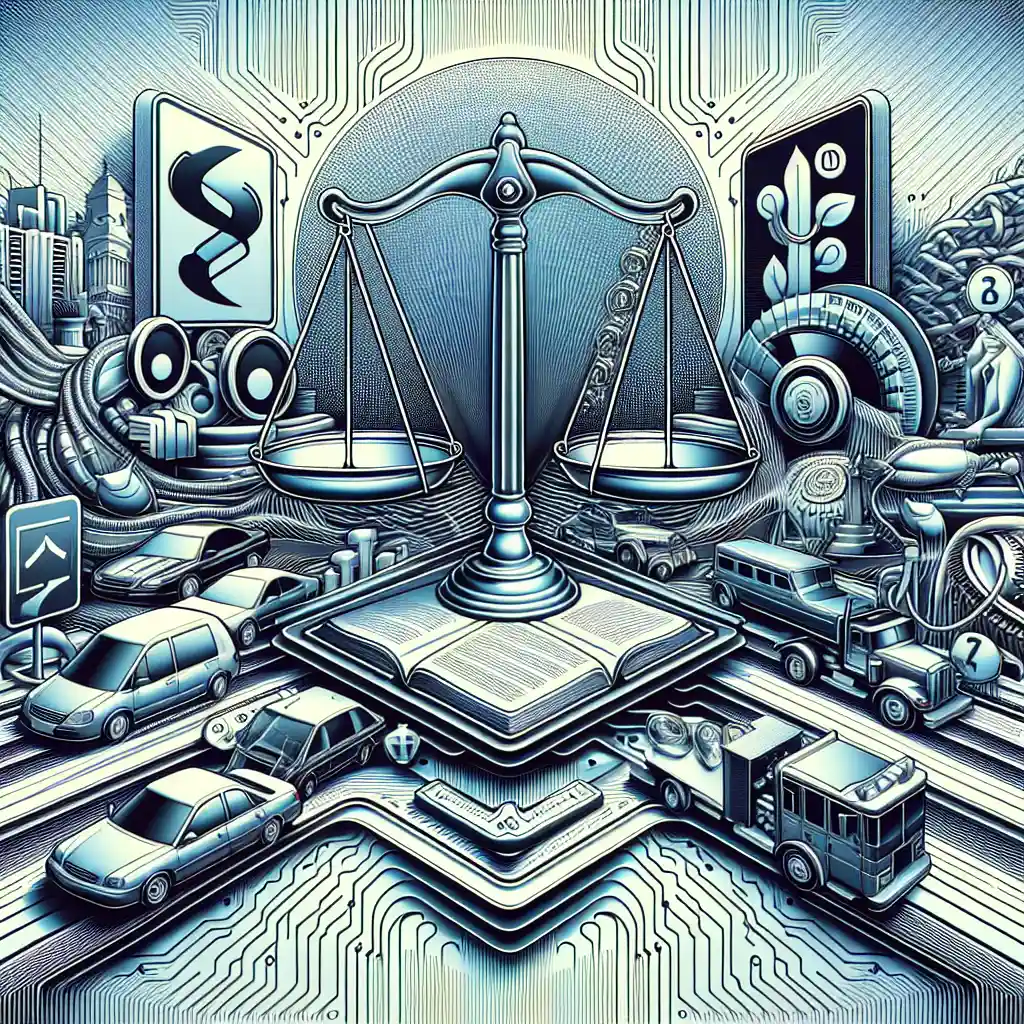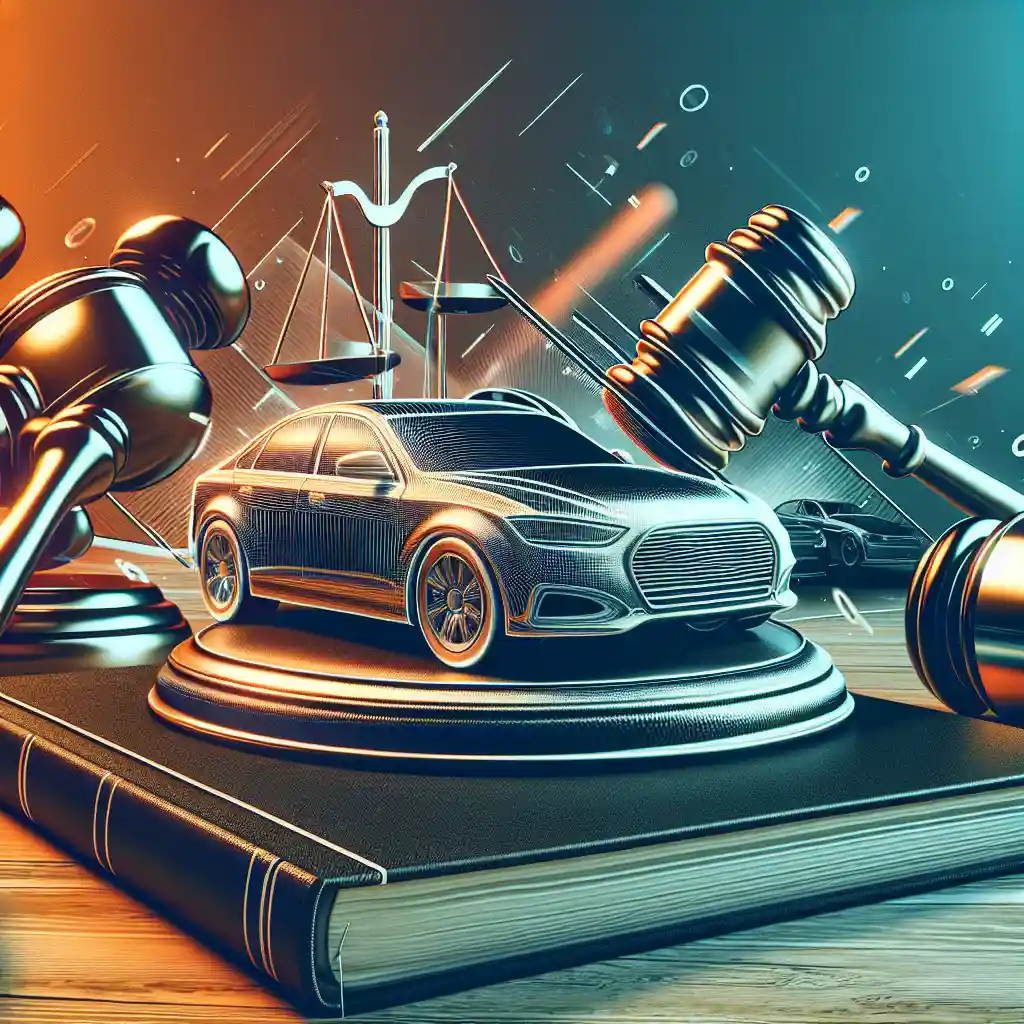Legal Jargon Decoded: Understanding Terms Used in Car Accident Lawsuits
In the world of car accident lawsuits, legal jargon can often be confusing and overwhelming. Understanding the key terms used in these cases is crucial for anyone involved in such legal matters. Below, we will break down some common legal terms, lawsuit terminology, legal concepts, and jargon explanations to help you navigate through the complexities of car accident lawsuits.
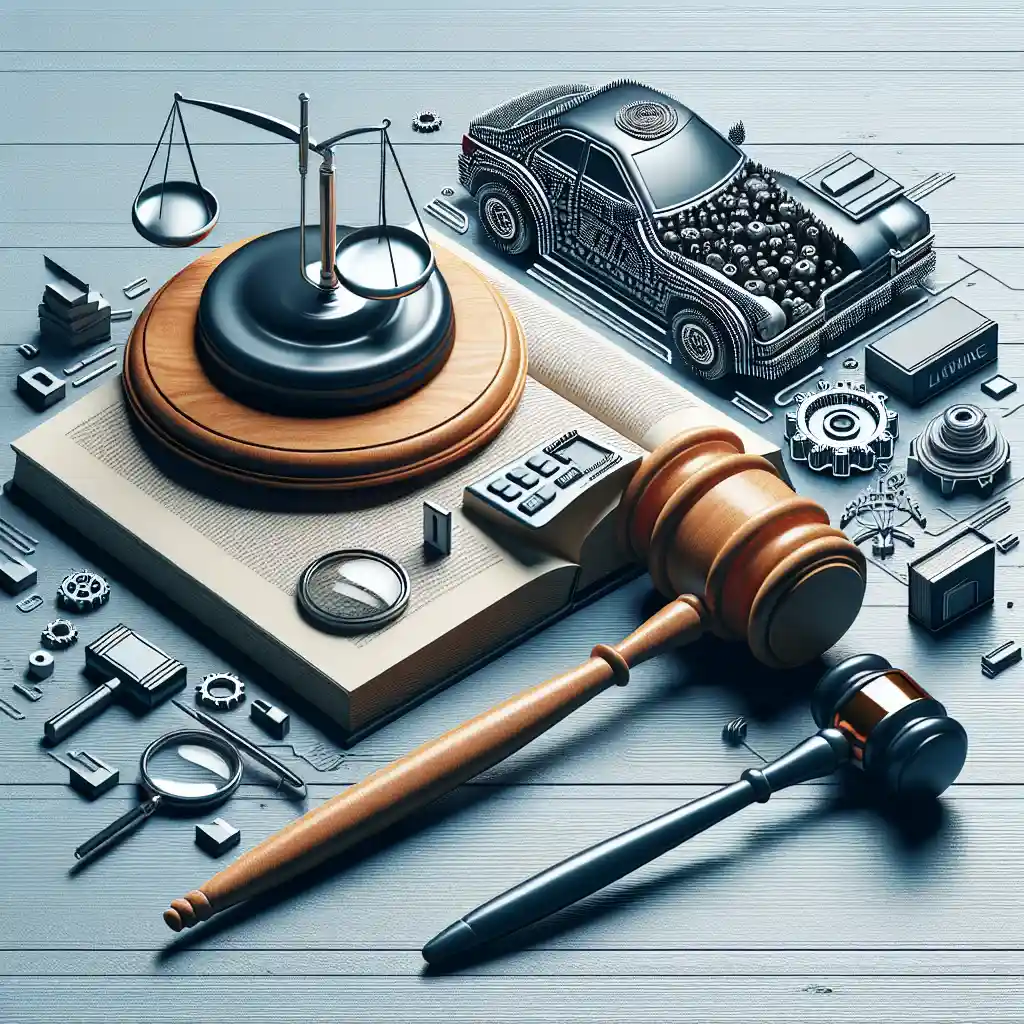
Types of Legal Terms in Car Accident Lawsuits
When dealing with car accident lawsuits, it's important to familiarize yourself with the various legal terms that may come up during the legal process. Some common legal terms you may encounter include:
- Negligence: Failure to exercise the care that a reasonable person would exercise in similar circumstances.
- Damages: Compensation awarded to a party who has suffered a loss due to the actions of another party.
- Liability: Legal responsibility for one's actions or omissions that result in harm to others.
Understanding these legal terms can help you better comprehend the details of your car accident case and communicate effectively with your legal representation.
Lawsuit Terminology Demystified
Navigating through a car accident lawsuit requires an understanding of the specific terminology used in legal proceedings. Some lawsuit terminology that you may come across includes:
- Plaintiff: The party who initiates a lawsuit by filing a complaint.
- Defendant: The party who is being sued in a legal action.
- Settlement: An agreement between the parties involved in a lawsuit to resolve the dispute without going to trial.
By familiarizing yourself with these lawsuit terms, you can grasp the dynamics of your case and work towards a favorable resolution.
Demystifying Legal Concepts in Car Accident Lawsuits
Legal concepts form the foundation of car accident lawsuits and play a crucial role in determining the outcome of a case. Some key legal concepts to be aware of include:
- Burden of Proof: The obligation to prove allegations in a lawsuit.
- Statute of Limitations: The time within which a lawsuit must be filed after an accident occurs.
- Comparative Negligence: A legal doctrine that assigns fault proportionally to each party involved in an accident based on their degree of negligence.
Understanding these legal concepts can provide clarity on how your case will be evaluated and decided upon in a court of law.
Breaking Down Jargon in Car Accident Lawsuits
Legal jargon can often create confusion and uncertainty for individuals involved in car accident lawsuits. Some jargon that you may encounter includes:
- Subpoena: A court order requiring an individual to appear in court or produce evidence.
- Deposition: The sworn testimony of a witness taken outside of court.
- Pleadings: Formal written statements filed by the parties in a lawsuit to state their claims and defenses.
By decoding these legal terms and jargon, you can navigate through the complexities of your car accident lawsuit with confidence and clarity.
Clarifying Legal Definitions for Better Understanding
In car accident lawsuits, having a clear understanding of legal definitions is essential for effectively presenting your case in court. Some legal definitions to be mindful of include:
- Personal Injury: Physical or psychological harm caused to an individual as a result of an accident.
- Tort: A civil wrong that causes harm to another individual, leading to legal liability.
- Precedent: A legal decision or ruling that serves as an authoritative guide for future cases.
By clarifying these legal definitions, you can strengthen your position in a car accident lawsuit and work towards a favorable outcome.
By deciphering the legal terms, lawsuit terminology, legal concepts, and jargon explanations outlined above, you can approach car accident lawsuits with a comprehensive understanding of the key elements involved. Remember, seeking guidance from legal professionals can further enhance your ability to navigate through the complexities of such legal matters.


